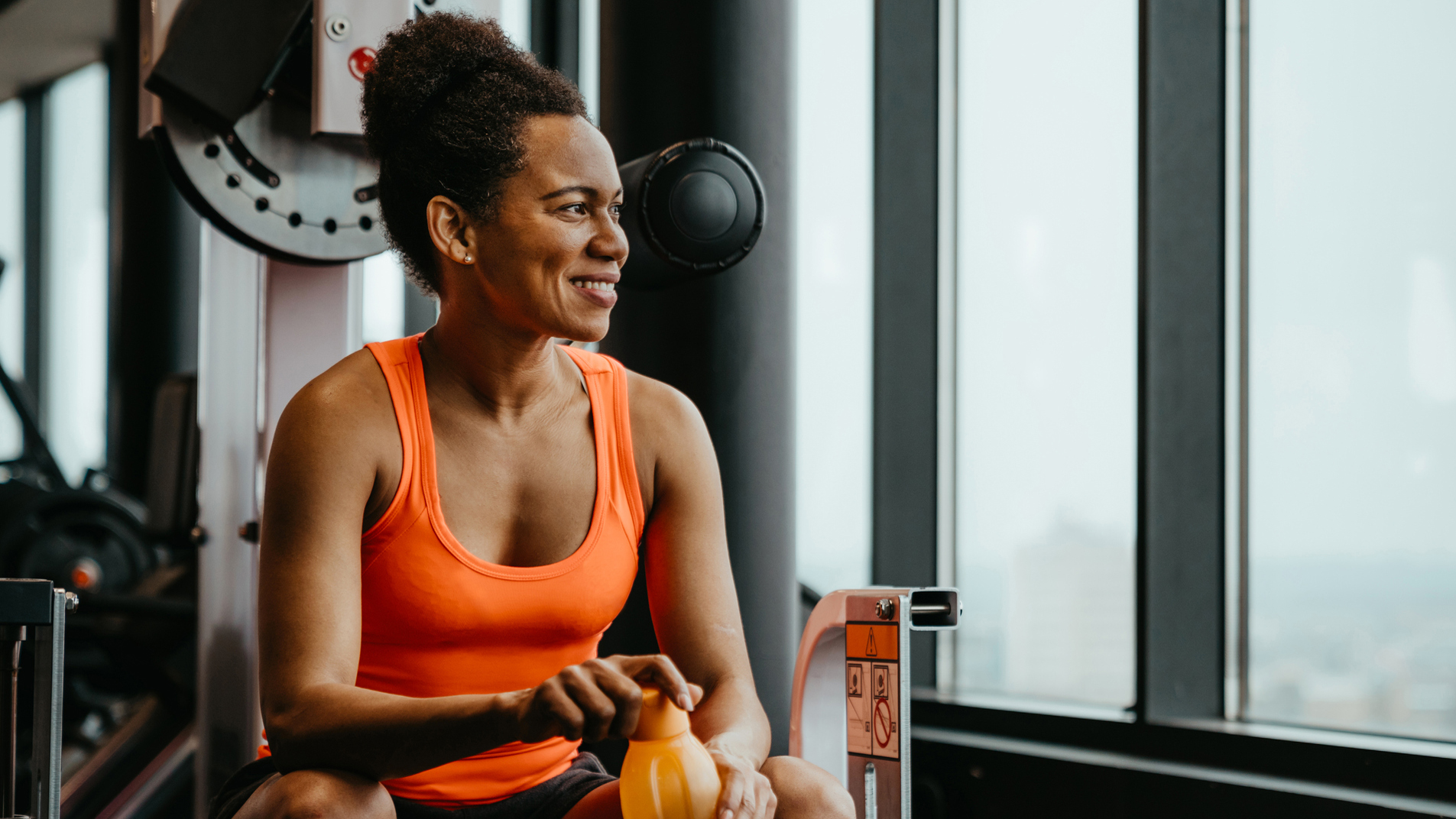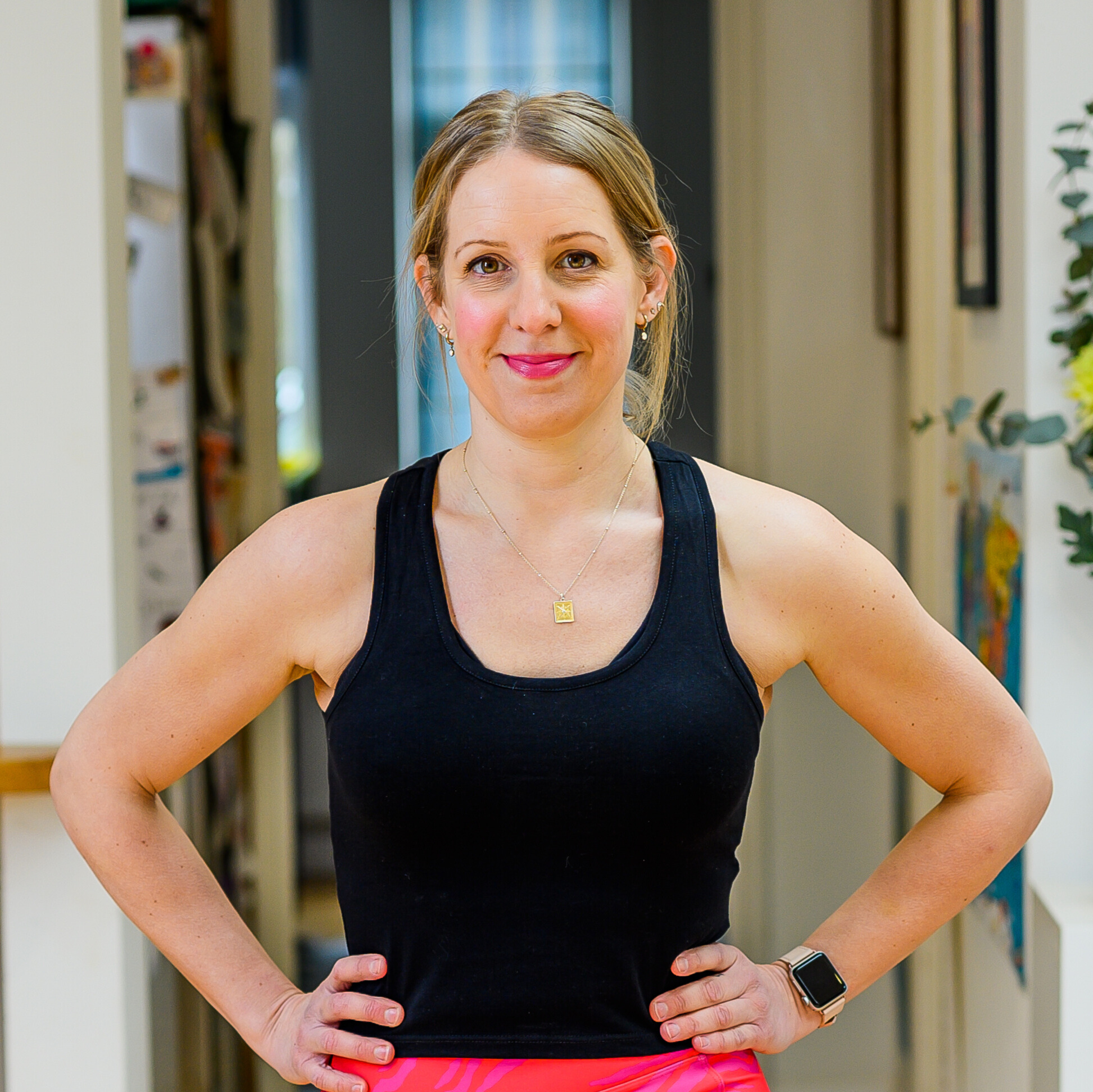A doctor says you absolutely can exercise when you’re sick—as long as you only have these symptoms
If your symptoms are all located above the neck, you can still hit the gym


Plenty of people resolve to get fit in the month of January, plotting out new exercise regimes and strict running schedules. Unfortunately, colds and other illnesses are also common at this time of year—but that doesn't mean you have to abandon your workout plans.
"If you're sick above the neck, you can probably exercise," says Dr. Sanjay Bhojraj, an interventional cardiologist. "Got a head cold, sore throat, or sinus congestion? If so, you're okay to train. Generally, these are self limited infections that won't get worse if you exercise. Nasal congestion can actually improve with exercise.
"But if you're feeling unwell, it’s probably not the time to be under a barbell trying to squat 500 pounds. Choose a light cardio workout like walking, or a calming Yin yoga practice, to engage your muscles, without overtaxing your body."
However, if you have a high temperature of 100°F or over, you should skip your training entirely.
"If you have a fever, any exercise can push you into a longer recovery. But taking just one extra rest day may accelerate your recovery by a week," says Dr Bhojraj.

Dr. Sanjay Bhojraj is an interventional cardiologist, speaker, teacher, athlete and certified practitioner.
Can you exercise with a cold?
"You can still exercise with a cold, if the symptoms are mild and you reduce the intensity," says Dr. Robert Biernbaum, chief medical officer for WellNow Urgent Care.
You could reduce the number of sets you do, shorten the length of your workout or lift lighter weights. If you're running, stick with an easy pace, or opt for something even gentler like an easy yoga flow.

Robert M. Biernbaum, D.O. is the chief medical officer for WellNow Urgent Care, a provider of urgent medical care, telehealth, and occupational medicine services in the United States.
What about exercising with the flu?
Flu symptoms are usually severe, so it's unlikely you'll feel well enough for exercise. Dr. Biernbaum also says you should rest up if you catch this unpleasant virus.
"You should wait to exercise if you have influenza, as exercising with a fever could increase the stress on your body's system."
Will exercise make you feel better or worse?
Whether or not your workout improves your symptoms or exacerbates them depends on what kind of illness you have.
Dr. Biernbaum told Fit&Well: "As long as you are not running a fever or feeling short of breath, light to moderate exercise, such as walking, may help you feel better by boosting your energy levels and circulation."
He adds: "Exercising with a cold or flu will not shorten the length of the virus. It’s important to stay hydrated and get plenty of rest, and visit a medical provider if you have any symptoms that are concerning, or any that do not start improving after several days."
Always check with your doctor or healthcare provider if you're unsure if you should be exercising
Start your week with achievable workout ideas, health tips and wellbeing advice in your inbox.
Maddy Biddulph is a journalist specializing in fitness, health and wellbeing content, with 26 years in consumer media working as a writer and editor for some of the bestselling newspapers, magazines and websites in the US and UK, including Marie Claire, The Sunday Times and Women’s Health UK.
She is a CIMPSA-certified PT and works one-on-one with clients, as well as running Circuits Club classes which mixes cardio and strength training and chair-based exercise classes for seniors.
